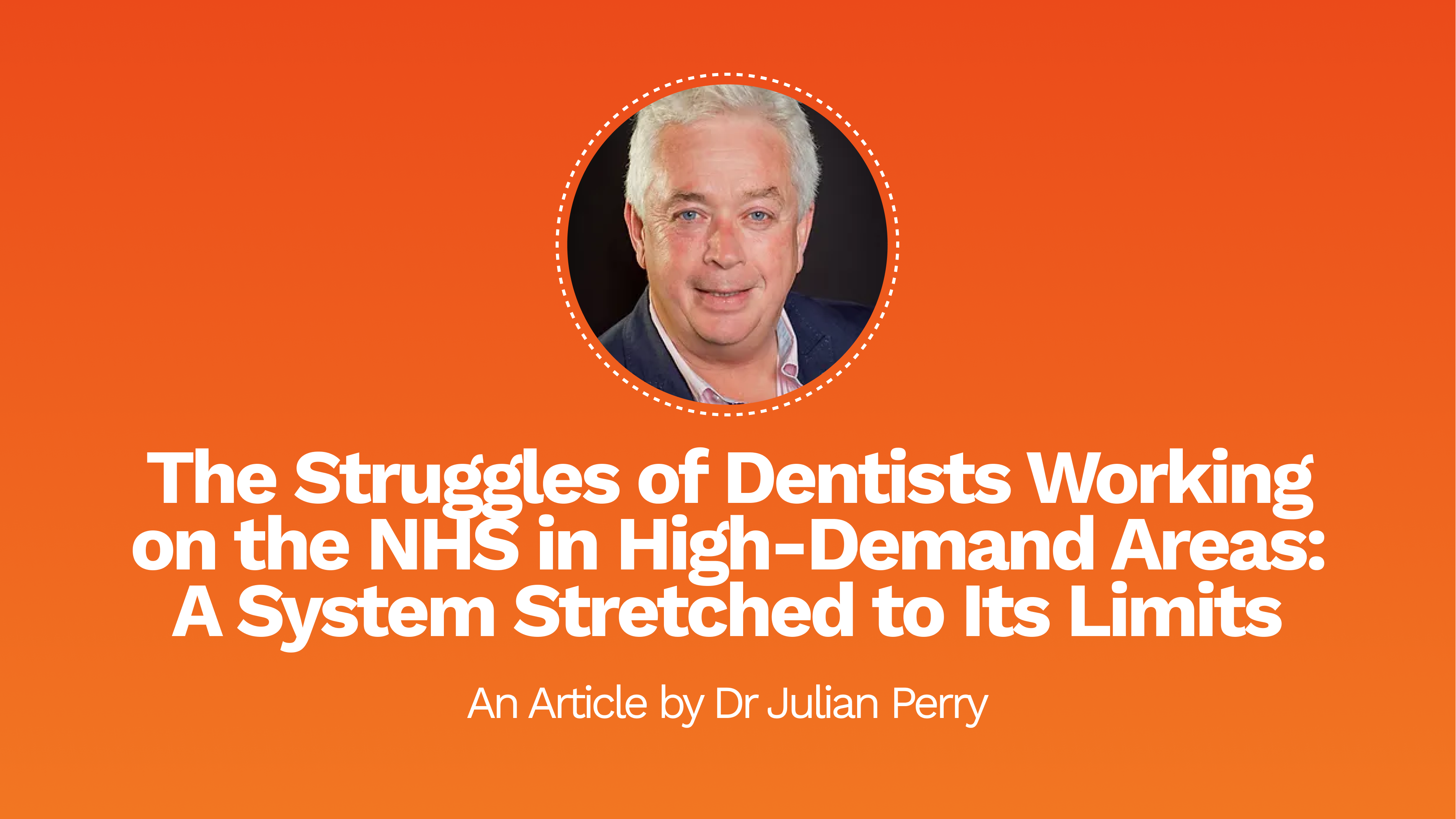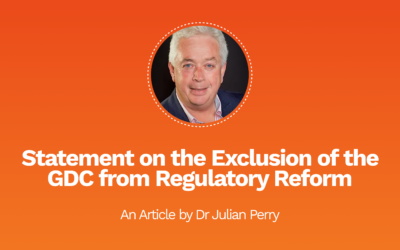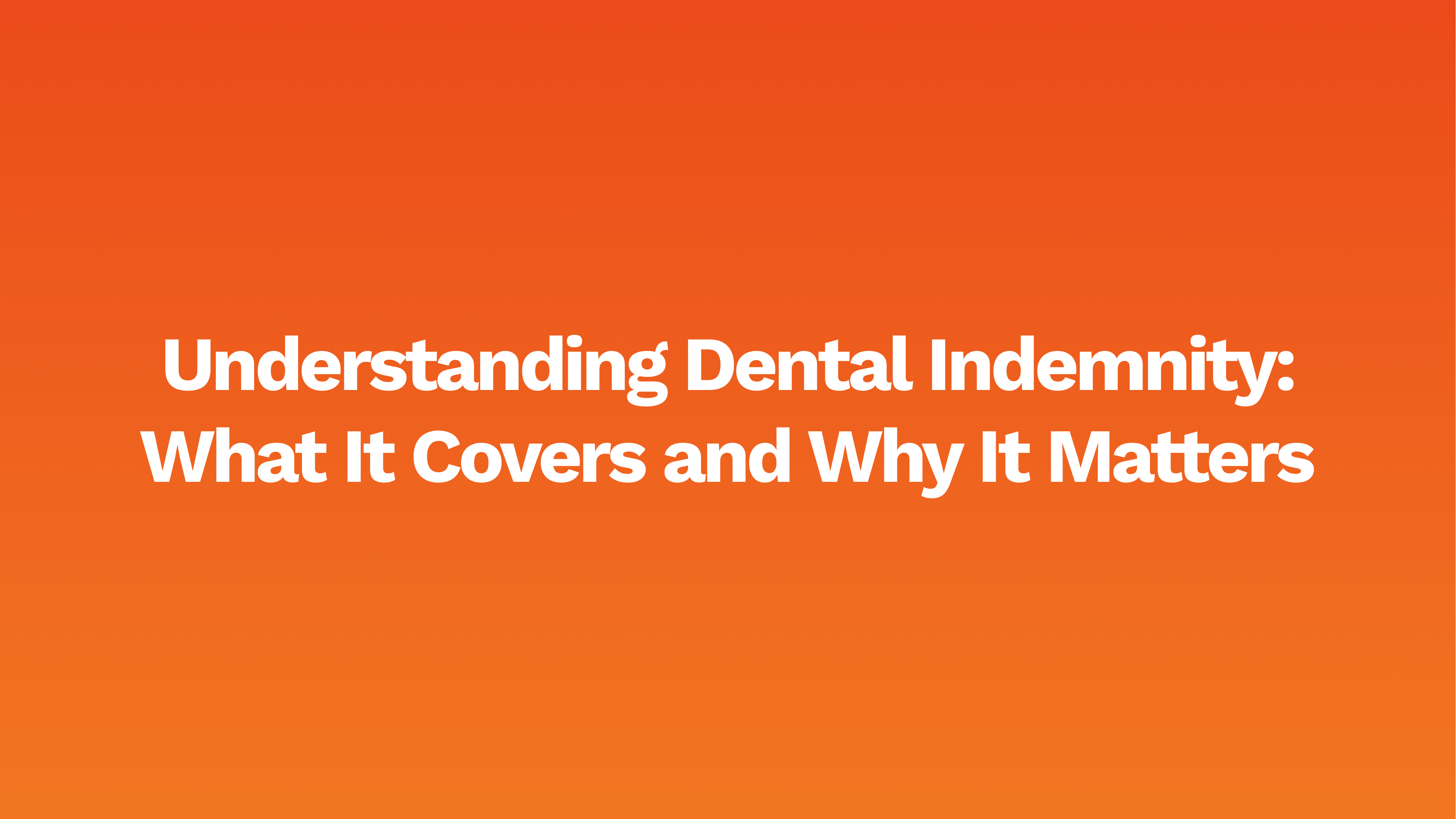Dentists across the UK face mounting pressures while working under the NHS, but those operating in high-demand areas find themselves bearing a particularly heavy burden. The challenges posed by an outdated payment structure, rising patient demand, and the increasing complexity of dental care are causing many NHS dentists to reconsider their futures. While the National Health Service is lauded for providing essential dental services, the system’s structure—particularly the reliance on Units of Dental Activity (UDA) for compensation—places disproportionate strain on practices in densely populated and socio-economically disadvantaged areas.
My comments below delve into the root causes of these challenges, because I am a dentist who understands these pressures and I am therefore highlighting how the current UDA system is failing both dentists and patients in high-demand regions.
The UDA System: An Outdated Model
The Units of Dental Activity (UDA) payment model, introduced as part of the 2006 NHS dental contract, was intended to simplify how dentists are compensated for their work. Each dental procedure is assigned a set number of UDAs, with Band 1 treatments (e.g., check-ups) being valued at 1 UDA, Band 2 (e.g., fillings) at 3 UDAs, and Band 3 (e.g., crowns, dentures) at 12 UDAs. Dentists are paid a fixed amount per UDA, but herein lies the problem: the value of a UDA varies greatly between practices.
In high-demand areas—where clinics often handle larger patient volumes—dentists are frequently locked into lower UDA rates. This is a result of the way UDA values were set in 2006, based on the clinic’s activity from the year prior. While some clinics receive as little as £14 per UDA, others, by contrast, receive £60 or more for performing the exact same treatments.
High Demand, Low Rates: The Strain on Practices
For NHS dentists in high-demand areas—typically urban centres with larger, diverse populations—the financial strain of this system is immense. Practices with lower UDA rates must perform significantly more treatments to generate the same revenue as their higher-rate counterparts. This has several far-reaching consequences:
- Increased Patient Loads: Practices in high-demand areas often see a continuous flow of patients. Dentists in these regions, locked into lower UDA rates, must push through higher volumes of appointments just to make ends meet. This, in turn, leads to overbooked schedules, shorter patient consultations, and the constant risk of burnout.
- Compromised Quality of Care: With such high volumes and lower payments per UDA, the time dentists can spend with each patient is inevitably reduced. This compromises the quality of care, as dentists must work quickly to meet their UDA targets. In areas with higher levels of dental need, such as regions with greater prevalence of tooth decay or gum disease, the time constraints become even more problematic, potentially leaving patients underserved.
- Unequal Pay for Equal Work: One of the most glaring flaws of the UDA system is the disparity in pay for identical services. A dentist in a high-demand area receiving £14 per UDA will have to see five times as many patients to generate the same income as a dentist receiving £60 per UDA. This fundamental inequity means that many dentists in these regions are doing far more work for far less compensation, adding to the strain.
The Impact on Access to Dental Care
For patients in high-demand areas, the flaws of the UDA system are deeply felt. As NHS practices struggle to meet rising patient numbers, many are left waiting months for routine appointments or turned away altogether due to capacity issues. Practices that are financially squeezed may even close, further limiting access to vital dental services in communities that need them most.
Moreover, the relentless pressure on dentists to complete more treatments to make the UDA quota can reduce the scope of care provided. Dentists may be forced to prioritise simpler procedures that can be completed quickly over more complex cases, leaving patients with more significant dental issues facing longer delays for treatment.
Legal and Ethical Challenges
The inequity of the UDA system not only creates operational challenges for dentists but also raises important legal and ethical questions. Compensation should reflect the work provided, and the current structure clearly fails to deliver equal pay for equal work. In any other profession, such disparities would likely face serious scrutiny, with claims of unfair terms and discrimination being raised.
From a legal standpoint, the NHS dental contract should be challenged under contract law on the grounds of unfair terms. Practices locked into disproportionately low UDA rates are being placed at a structural disadvantage, penalising them for their historical activity in 2005-2006 rather than the current reality of their workload.
Additionally, there is scope to challenge the system under public law principles, such as irrationality or disproportionality. The NHS, as a public body, has a duty to act in the public’s best interest. A system that pays dentists vastly different amounts for the same work, and that pushes practices in high-demand areas to the brink of financial instability, arguably fails this duty. The Unison v Lord Chancellor (2017) case, which quashed employment tribunal fees on the grounds of disproportionate impact, sets a precedent for challenging inequitable government contracts.
Reforms Are Overdue
The inequalities baked into the UDA system, particularly in high-demand areas, have made it unsustainable. Dentists are leaving the NHS, unable to cope with the financial strain and the immense pressure to deliver high-quality care in impossible circumstances. This exodus is leading to a growing crisis in access to NHS dental services, with waiting times increasing and more patients forced to seek private care.
To ensure the survival of NHS dental practices in high-demand areas, reform is urgently needed. The government must reassess the way UDAs are calculated and ensure that compensation is fair, equitable, and reflective of the work dentists do today—not what they were doing 17 years ago. A new model must also consider the varying needs and demands placed on different areas, particularly in urban regions with high patient volumes and greater dental care requirements.
Without action, the current system will continue to falter, leaving dentists burnt out, financially strained, and patients without the care they need. The very future of NHS dentistry is at stake.
Dentists working in high-demand areas on the NHS are facing unsustainable pressures, and much of this is due to the outdated and unfair UDA system. Locked into low rates that do not reflect the realities of their workload, these practices are struggling to meet rising patient demand while maintaining quality care. The current structure not only places undue stress on dentists but also threatens patient access to essential services. Reform is desperately needed to create a more equitable system—one that values and compensates dentists fairly for their vital work across the country.
At Densura, we believe in empowering both clinicians and patients through education and support. If you have encountered a complaint, claim, or need guidance on any patient-related issue, our team is here to assist you. Contact us at 0207 933 0349, email us at notifications@densura.com or click here. We are committed to providing prompt and professional support to ensure your concerns are addressed effectively.



